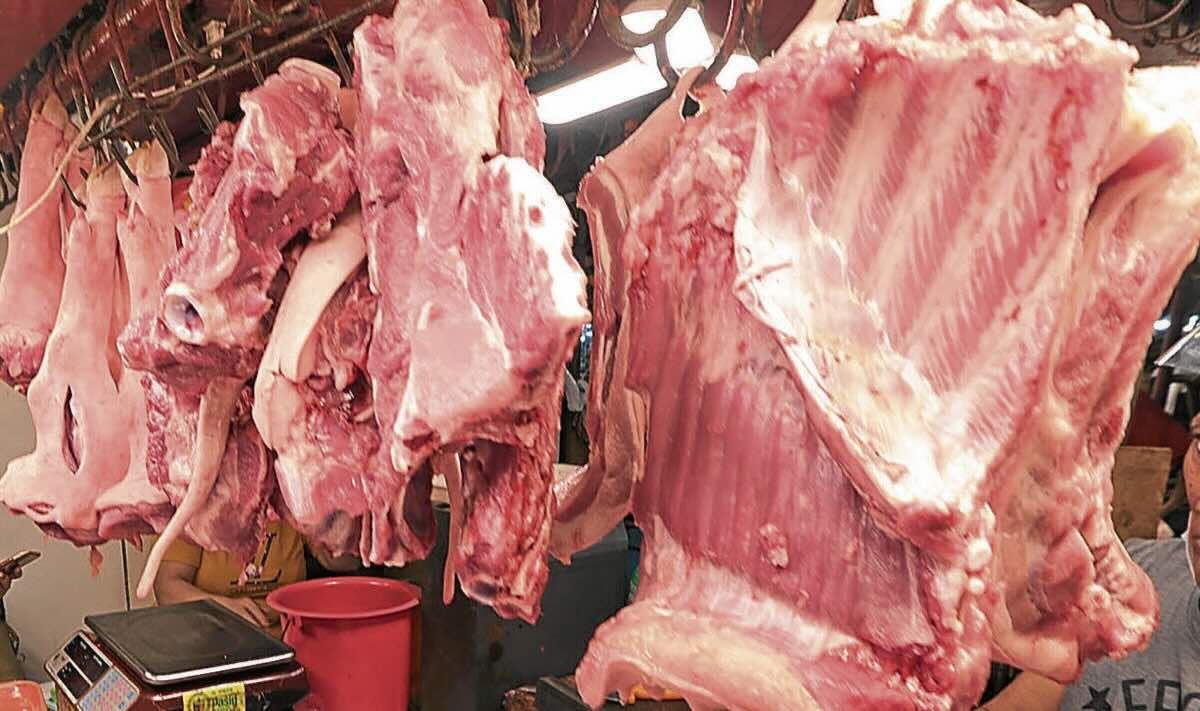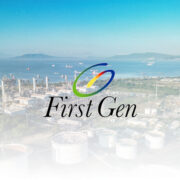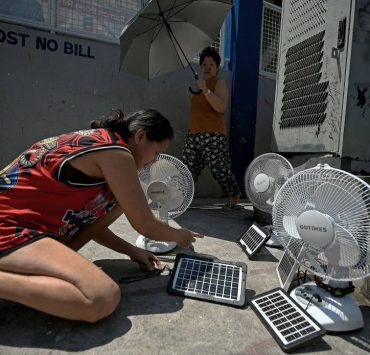Group warns of scarce meat supply from abroad

A group of meat importers has raised the alarm over limited supplies coming from abroad amid increasing production costs and the ever-present problem of African swine fever (ASF).
Meat Importers and Traders Association (Mita) president emeritus Jesus Cham told the Inquirer, “our supply options are getting fewer while landed costs are likely to increase unless the conditions change.”
Meat items that entered the Philippines totaled 273.6 million kilograms in the three months ending March this year, an increase of 3.1 percent from 265.5 million kg in the same period a year ago, based on latest figures from the Bureau of Animal Industry.
However, such “frontloading” or early influx could be associated with “importers’ expectations of [good] Christmas sales and the need to replenish supply,” Cham said in a separate press release, adding:
“Going forward, we are cautious on the supply side for pork as importers are facing headwinds.”
The group expressed apprehensions as the Department of Agriculture suspended the minimum access volume (MAV) or the tariff quota for pork and “did not push through with its distribution which ought to have been in January.” MAV allows importers to bring in certain goods at lower tariff rates.
Mita said although the government accredited several meat establishments in Brazil, Hungary, Germany and Poland, Cham said certain items were not included in the list of items for import, such as pork belly, loin and boneless cuts of leg and shoulder (kasim/pigue).“Also abroad, the presence of ASF and the ensuing country bans have caused many countries to reduce production, constricting supply and exerting upward price pressure,” Cham said.
He also said a strong US dollar, if sustained, would affect the landed cost, or the cost associated with shipping a product, resulting in higher prices of imports.
“The ongoing conflicts in other parts of the world add support to the strong dollar. If this keeps up it will surely impact the landed cost of imported meat,” he added.
Mita had proposed certain measures to President Marcos’ economic managers to battle inflation, including extending the low tariff on pork for the duration of the current administration or at least two years while expanding the MAV for pork and poultry.
“The added supply and window of certainty and predictability will allow more opportunity for meaningful interventions against ‘sticky’ inflation,” he said.
As in the past, pork remains the most purchased meat product, accounting for 128.5 million kg or nearly half of the total during the first quarter. This is an increase of 11.9 percent. INQ
















